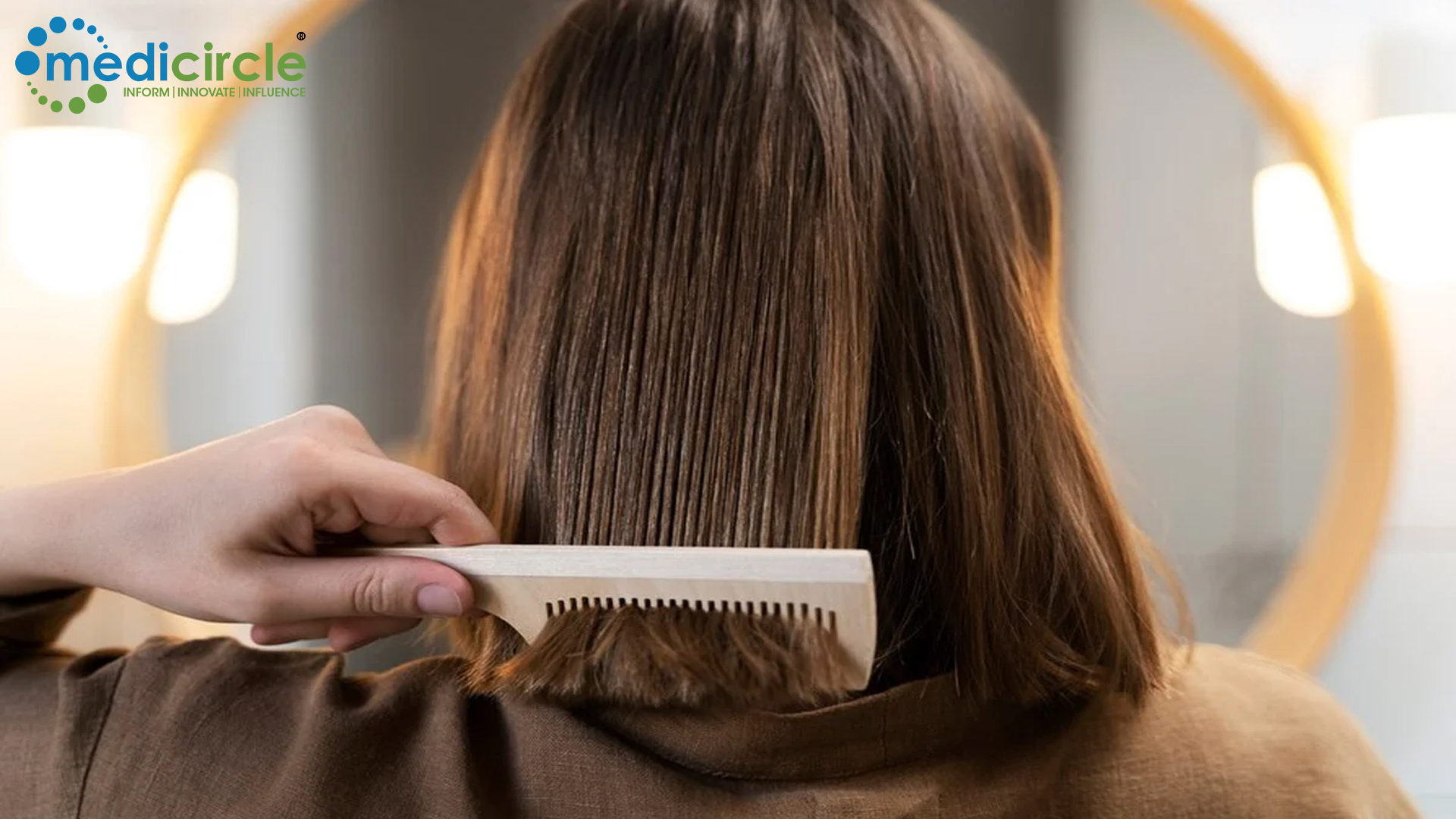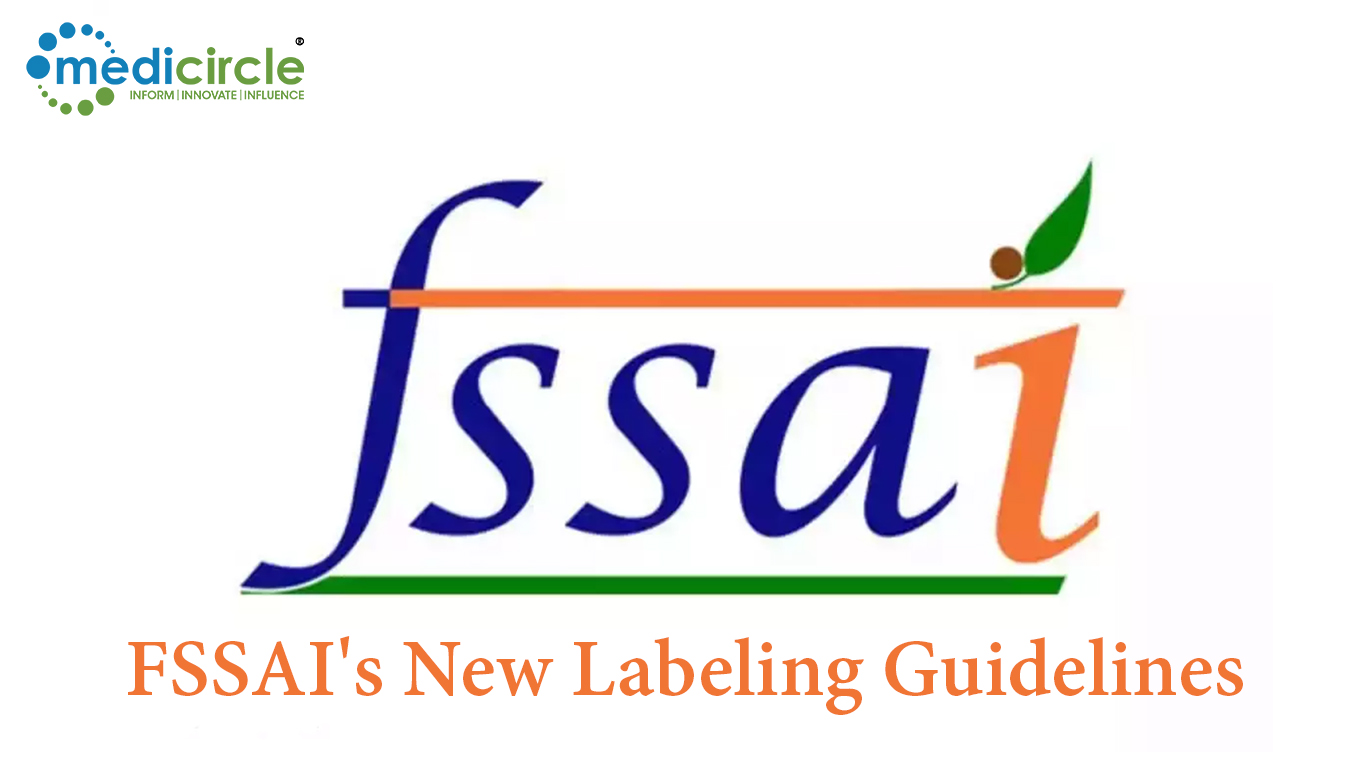In recent years, hair straightening treatments have become increasingly popular among individuals seeking smooth and sleek hair. However, a recent case has brought to light the potential hazards associated with these treatments, particularly those containing glyoxylic acid. This revelation serves as a stark reminder of the importance of understanding the risks involved in cosmetic procedures and advocating for safer alternatives.
The case, published in The New England Journal of Medicine, revolves around a 26-year-old woman who experienced kidney damage after undergoing hair-straightening treatments at a salon. Despite having no prior health issues, the woman visited the salon for treatments in June 2020, April 2021, and July 2022. After each visit, she suffered from symptoms including vomiting, diarrhea, fever, and back pain. Additionally, she reported feeling a burning sensation on her scalp during the treatment and developed ulcers on her head shortly afterward.
Upon medical examination, doctors discovered high levels of creatinine in her blood, indicating kidney dysfunction. Although blood was present in her urine, tests showed no signs of infection, and her urinary system was not obstructed. Further investigation revealed that the hair treatment used by the woman contained glyoxylic acid, a chemical known for causing scalp irritation and ulceration.
To better understand the link between glyoxylic acid and kidney damage, doctors conducted a laboratory experiment using mice. They applied a hair product containing 10% glyoxylic acid to the backs of five mice and compared the results with another group of mice treated with petroleum jelly. The findings were concerning, as mice exposed to the hair product exhibited higher levels of creatinine in their blood and an abundance of calcium oxalate monohydrate in their kidneys within 28 hours. These kidney abnormalities resembled those observed in individuals exposed to toxic chemicals like ethylene glycol, found in products such as antifreeze.
Fortunately, the woman's kidney function improved relatively quickly after each salon visit, indicating that the effects were temporary. However, the case serves as a reminder of the potential risks associated with glyoxylic acid-containing hair products. The doctors involved in the treatment strongly recommended avoiding these products and even suggested their removal from the market to prevent similar incidents in the future.
While hair straightening treatments may offer temporary aesthetic benefits, it is important to prioritize safety and awareness of potential health risks. Consulting with healthcare professionals before undergoing any cosmetic procedure can help individuals make informed decisions about their well-being.
In light of this case, it is essential for consumers to advocate for safer alternatives and for regulatory bodies to implement stricter guidelines for the use of chemicals in hair care products. By raising awareness about the potential hazards of certain ingredients, we can protect individuals from unnecessary health risks and promote safer practices within the beauty industry.

 Consulting with healthcare professionals before undergoing any cosmetic procedure can help individuals make informed decisions about their well-being
Consulting with healthcare professionals before undergoing any cosmetic procedure can help individuals make informed decisions about their well-being






.png)
.png)
.png)
.png)










.jpeg)

.jpeg)










.jpg)




.jpg)

